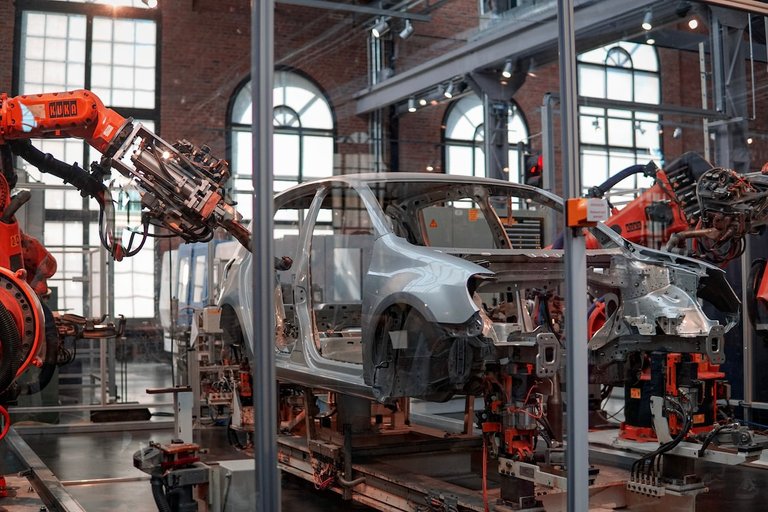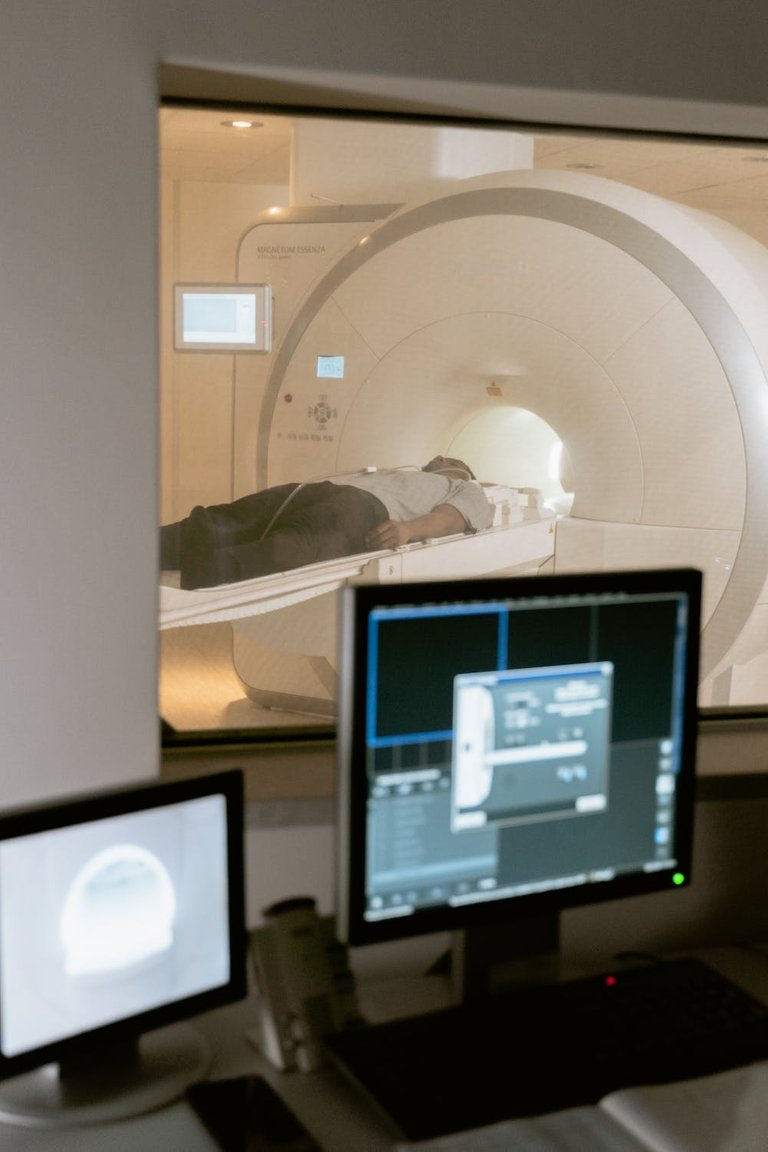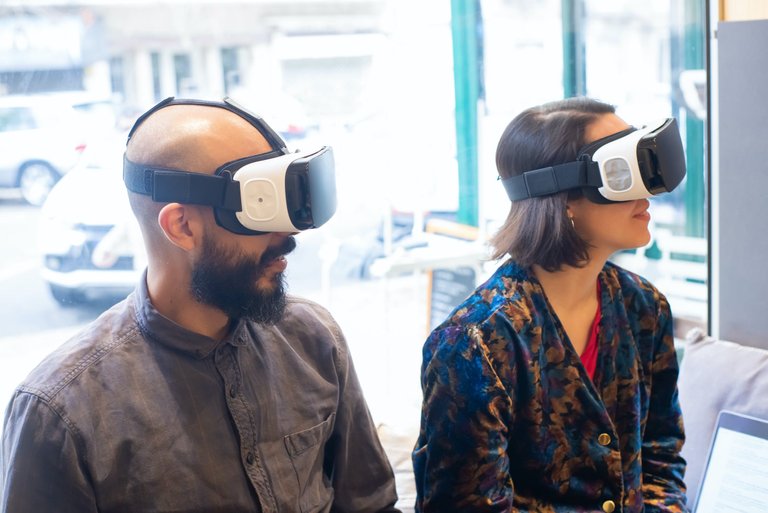Artificial intelligence (AI) has had a significant impact on various industries and sectors in the 21st century, contributing to the growth and development of humanity in several ways.
• Firstly, AI has enabled automation of many tasks and processes, increasing efficiency and productivity. This has led to cost savings for businesses and increased competitiveness in global markets. AI-powered machines and systems can also work for longer hours, without breaks or fatigue, leading to increased output. Source
Source
• Secondly, AI has been used to improve decision-making and problem-solving in various fields. For example, in healthcare, AI-powered systems can assist doctors in diagnosing diseases, while in finance, AI can help detect fraud and improve investment decisions. Source
Source
• Thirdly, AI has been used to improve the accuracy and speed of data analysis, leading to better and more efficient information management. This has led to improved decision-making, operational efficiency and cost savings across industries. Source
Source
• Fourthly, AI has been used to improve customer service and personalization. For example, chatbots, which are AI-powered programs that can simulate conversation with human users, have been used to provide customer service, sales and technical support. Additionally, AI-powered systems can analyze customer data to provide personalized recommendations and improve the customer experience. Source
Source
• Lastly, AI has been used to improve the quality of life of many people. For example, AI-powered systems have been used to improve accessibility for people with disabilities and to assist elderly people with daily tasks. Additionally, AI has been used to improve transportation, making it safer and more efficient.
In summary, AI has contributed to the growth of humanity by increasing efficiency and productivity, improving decision-making and problem-solving, improving data analysis, improving customer service and personalization, and improving the quality of life of many people.



